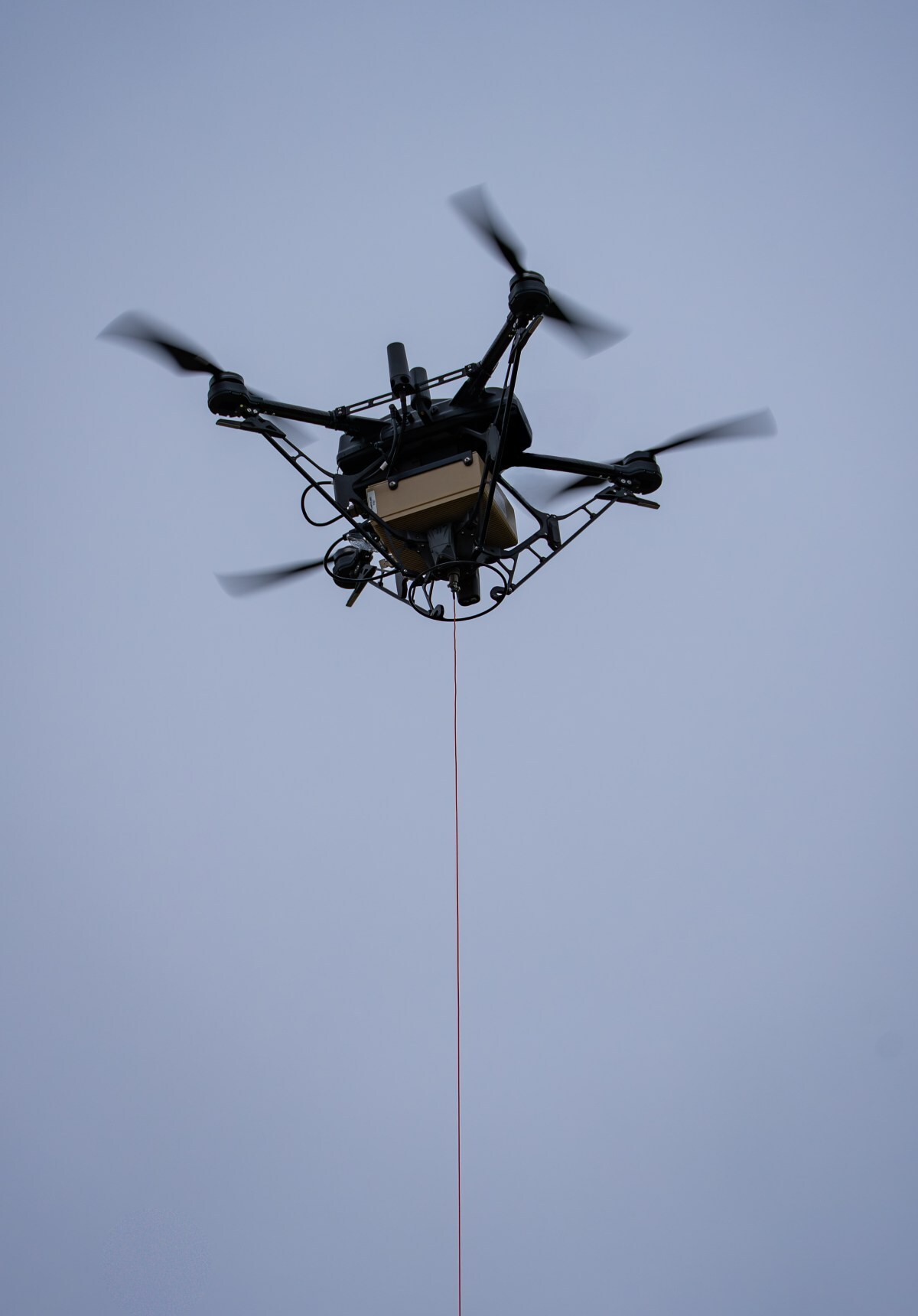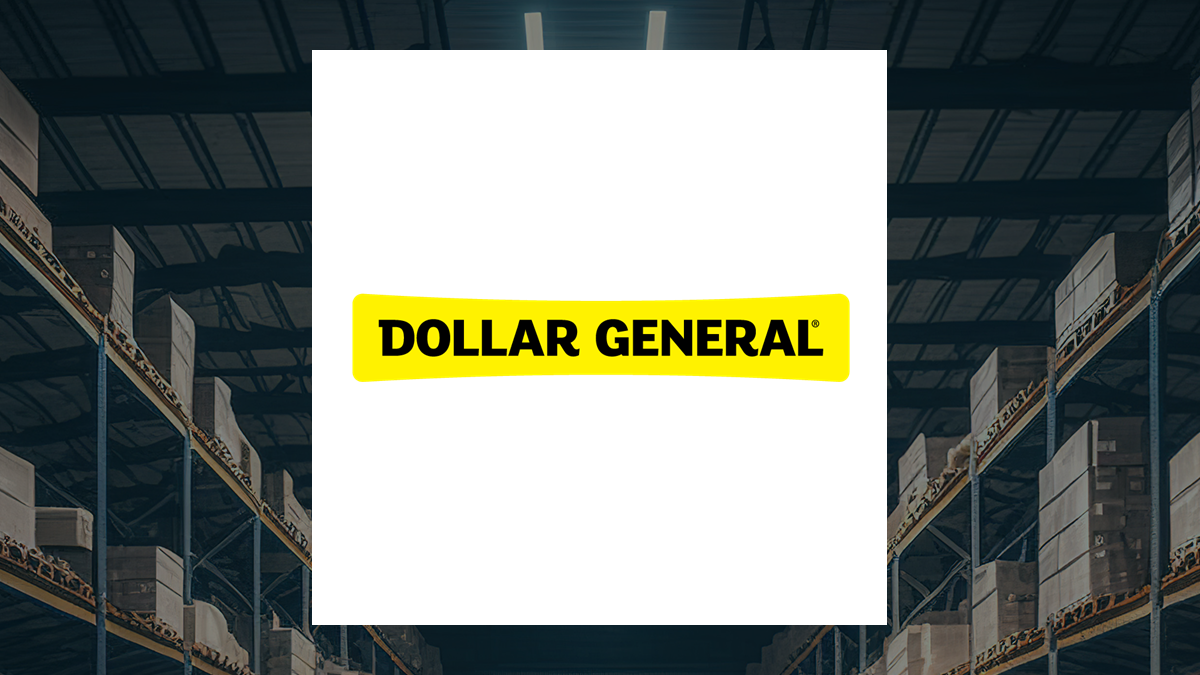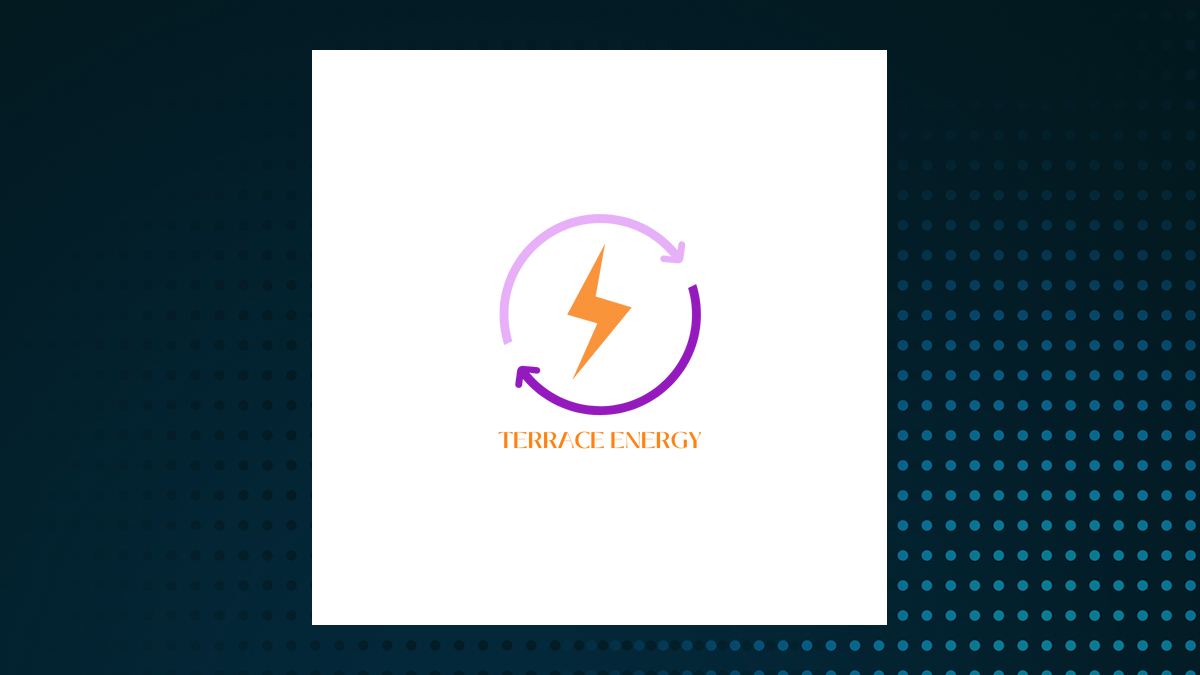The landscape of corporate leadership is shifting dramatically as artificial intelligence (AI) emerges as both a pivotal opportunity and a significant threat to job security. A recent report from ETCFO reveals that 74% of CEOs are concerned about losing their jobs within the next two years if they fail to achieve substantive results from AI initiatives. This anxiety reflects the intense pressure on executives to harness transformative technology while navigating regulatory challenges and the potential consequences of governance failures.
The report indicates that nearly 70% of executives expect leadership changes due to unsuccessful AI strategies. With 54% admitting that their competitors possess a stronger AI advantage, the message is clear: adapt or face dire consequences. This sentiment resonates across the industry, where AI is increasingly viewed as a disruptor capable of transforming entire workforces and reshaping corporate governance.
The Pressure of AI Integration
Concerns about AI are not limited to corporate leaders. According to a report by Axios, executives from prominent AI companies, including those at Anthropic, foresee a “white-collar bloodbath” as AI technologies progress, potentially displacing a significant number of human workers. In a January interview, Mark Zuckerberg of Meta predicted that by 2025, AI could operate at the level of a mid-level engineer, diminishing the need for human coders and leading to workforce reductions. This forecast aligns with Meta’s previous layoffs, which saw a 5% cut in staff shortly after.
The urgency surrounding AI adoption is palpable, with many CEOs across various sectors working tirelessly to implement strategies that ensure their companies remain competitive. As the debate over the timeline for AI’s impact continues, experts agree that the effects could be felt gradually at first, followed by a rapid escalation, possibly as soon as next year.
Layoffs and Productivity Pressures
Recent corporate decisions illustrate the growing influence of AI on employment. Reports from The Washington Post indicate that companies such as Amazon and Walmart are warning employees of upcoming layoffs linked to AI efficiencies. Amazon’s reorganization has already led to the elimination of 14,000 jobs, a move directly associated with its AI strategies. Similarly, a survey from Goldman Sachs found that while only 11% of companies currently attribute layoffs specifically to AI, nearly half are utilizing the technology to enhance productivity, signaling potential future job cuts.
Further complicating the job market, Goldman Sachs predicts that AI could displace approximately 300 million roles worldwide while simultaneously creating new opportunities. This duality has led to divergent views among CEOs; some anticipate widespread job losses in white-collar sectors, while others consider AI an enhancement tool rather than a replacement.
On social media platform X, users have voiced their concerns about this divide. For instance, one user highlighted Sam Altman, CEO of OpenAI, who warned that the rise of “agentic” AI could result in 200,000 job losses in finance over the next three to five years, benefiting bank profits at the expense of human jobs.
As corporate leaders contend with the complexities of AI, it is essential to recognize that not all AI initiatives are yielding success. According to Forbes, failures in AI projects could paradoxically help preserve jobs, as the challenges of implementing AI often exceed those faced with traditional technology. This potential delay in mass automation could provide workers with a temporary reprieve, even as layoffs continue.
Addressing Ethical Considerations
The ethical implications of AI’s rise add another layer of complexity. A post on X from SA News Channel forecasts that between 85 million and 300 million jobs could be displaced by 2030, counterbalanced by the creation of 97 million new roles. This underscores the necessity for businesses to prioritize ethical considerations in their AI strategies.
Supporting this perspective, Goldman Sachs has identified high exposure for white-collar workers earning around $80,000, based on studies from the University of Pennsylvania and OpenAI. As experts predict that AI will automate 75% of roles while augmenting 25%, the pressure on CEOs to develop effective strategies intensifies.
Looking forward, the path to AI integration is fraught with challenges yet holds significant promise. Companies like UPS and Nestlé are already restructuring their operations to incorporate AI, influencing global markets. One provocative question posed on X queries what will happen when AI surpasses human executives in performance, potentially disrupting conventional leadership structures.
As organizations navigate these evolving dynamics, the warning from the ETCFO report rings true: CEOs must lead the charge in AI execution or risk being replaced. While some corporate failures may inadvertently spare jobs, the narrative surrounding AI’s impact is complex, demanding thoughtful and strategic responses from today’s leaders.







